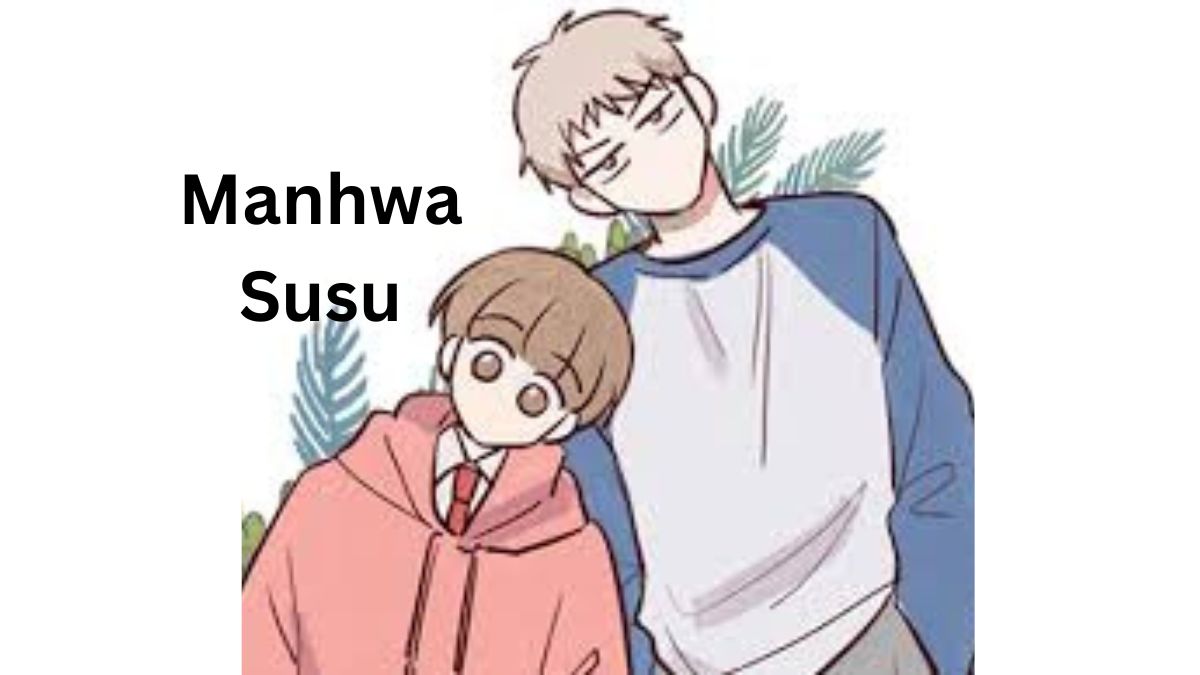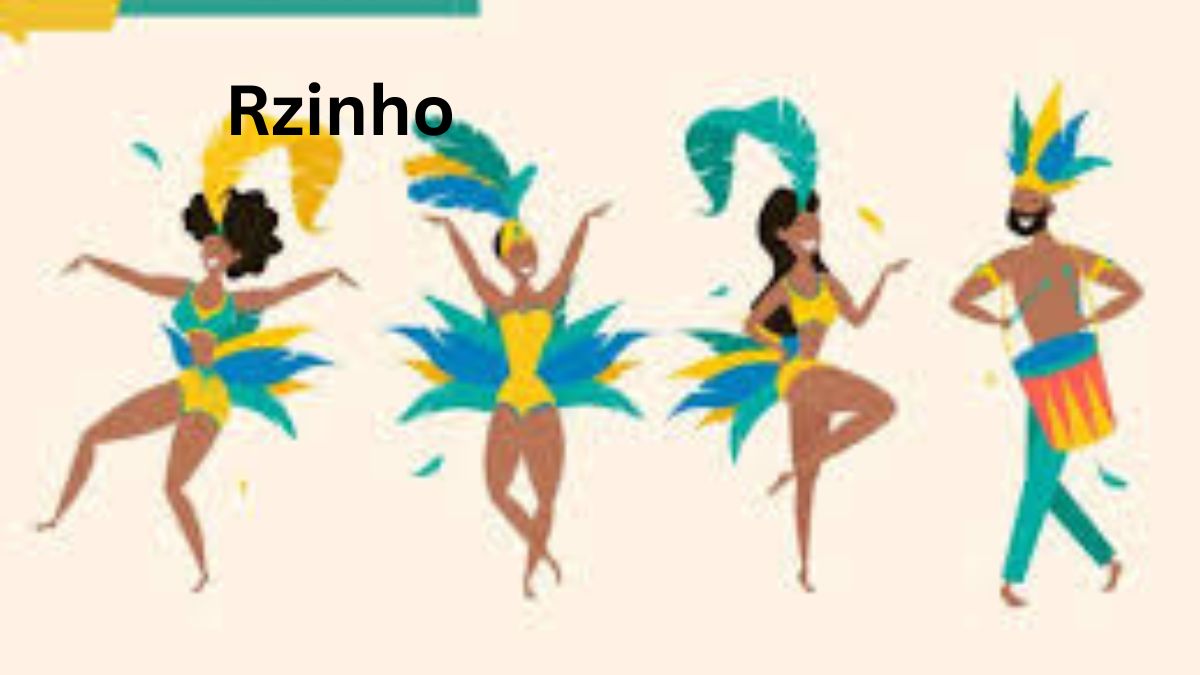Step into the enchanting world of Manhwa Susu, where tales of intrigue and adventure await. From its humble beginnings to its current status as a beloved genre in the realm of comics, Manhwa Susu has captured the hearts and imaginations of readers around the globe. Join us on a journey as we delve into the history, unique features, and impact of Manhwa Susu on pop culture. Explore popular titles that have garnered widespread acclaim and uncover the criticisms and controversies that have sparked debate within this fascinating genre. Get ready to immerse yourself in a world like no other – welcome to the intriguing universe of Manhwa Susu! 🌟
What is Manhwa Susu?
Manhwa Susu is a captivating genre of Korean comics that blends elements of fantasy, romance, and adventure. Unlike traditional manhwa, Manhwa Susu focuses on stories with strong female protagonists navigating intricate plots and complex relationships. These empowering narratives often feature themes of self-discovery, resilience, and courage.
The term “Susu” refers to the sound effect used in comics to depict a whisper or soft spoken dialogue, adding an intimate touch to the storytelling. Manhwa Susu typically showcases beautifully illustrated artwork with detailed character designs and vibrant settings that transport readers into fantastical realms.
With a growing fan base both in South Korea and internationally, Manhwa Susu has gained recognition for its diverse representation of women and unconventional storytelling techniques. From magical adventures to heartwarming romances, Manhwa Susu offers readers a rich tapestry of engaging narratives to explore and enjoy.
The History and Development of Manhwa Susu
Manhwa Susu, a captivating genre in the world of comics and graphic novels, has a rich history that traces back to South Korea. The term “Susu” originates from the Korean word for milk, symbolizing freshness and purity in storytelling.
Initially emerging as a niche genre within the broader manhwa industry, Manhwa Susu started gaining popularity in the early 2000s due to its unique themes and artistic styles. Artists began experimenting with unconventional narratives and vibrant illustrations, setting Manhwa Susu apart from traditional comic genres.
As technology advanced, digital platforms provided an accessible medium for creators to showcase their work globally. This led to an exponential growth in the fan base of Manhwa Susu, attracting readers from diverse cultural backgrounds who appreciated its distinctive storytelling techniques.
The evolution of Manhwa Susu continues to unfold as artists push boundaries and explore new storytelling avenues through their visually stunning creations.
Popular Titles in the Genre
When it comes to Manhwa Susu, there are several popular titles that have captured the hearts of readers worldwide. One such title is “Love Alarm,” a story revolving around an app that notifies users if someone within a 10-meter radius has romantic feelings for them. The series delves into themes of love, technology, and human connection in a unique and captivating way.
Another fan-favorite is “True Beauty,” which follows the life of a high school girl who masters the art of makeup transformation to hide her insecurities. This coming-of-age story tackles issues of self-acceptance and societal pressures with humor and depth.
“Sweet Home” is a gripping thriller that explores the darkness within humans when faced with apocalyptic scenarios. The intense storyline combined with rich character development keeps readers on the edge of their seats until the very end.
These titles not only showcase the diversity within Manhwa Susu but also highlight its ability to resonate with audiences across different genres and themes.
Unique Features of Manhwa Susu
Manhwa Susu stands out in the world of comics with its unique features that set it apart from other genres. One distinctive aspect is the vibrant and colorful art style commonly found in Manhwa Susu, which captivates readers with its intricate details and expressive characters.
Another intriguing feature is the diverse range of genres covered within Manhwa Susu, including romance, fantasy, action, and slice-of-life. This variety caters to a wide audience with different preferences and interests, ensuring there’s something for everyone to enjoy.
Additionally, many Manhwa Susu stories are known for their immersive storytelling techniques that keep readers hooked from start to finish. The blend of compelling plotlines, dynamic character development, and unexpected twists makes each read an exciting adventure.
Moreover, some Manhwa Susu titles incorporate elements of Korean culture and mythology into their narratives, providing a rich cultural experience for readers looking to explore new worlds through storytelling.
Impact and Influence on Pop Culture
The impact and influence of Manhwa Susu on pop culture cannot be overstated. With its captivating storylines, vibrant artwork, and diverse characters, this genre has captured the hearts of readers worldwide.
Manhwa Susu has not only gained a loyal following among manga and comic enthusiasts but has also attracted mainstream attention through adaptations into movies, TV shows, and even video games. Its unique blend of traditional Korean storytelling with modern themes resonates with audiences of all ages.
The rise of online platforms has further propelled the popularity of Manhwa Susu, allowing fans to easily access and share their favorite titles across the globe. Social media influencers often rave about new releases, generating buzz within online communities.
As more people discover the rich narratives and visually stunning illustrations found in Manhwa Susu works, it is clear that this genre will continue to leave a lasting imprint on pop culture for years to come.
Criticisms and Controversies Surrounding Manhwa Susu
It’s no secret that Manhwa Susu, like any other form of entertainment, has faced its fair share of criticisms and controversies. One common critique is the portrayal of certain themes in a way that some may find controversial or offensive. Some argue that certain Manhwa Susu titles perpetuate harmful stereotypes or glorify problematic behaviors.
Another point of contention revolves around the level of graphic content present in some Manhwa Susu works. Critics argue that excessive violence, explicit scenes, and mature themes can be inappropriate for younger audiences, sparking debates about censorship and age-appropriate content warnings.
Moreover, there have been discussions regarding the treatment of female characters in Manhwa Susu, with critics pointing out instances of objectification or unrealistic portrayals that cater to male-oriented fantasies. These critiques highlight the importance of representation and diversity within the genre to ensure a more inclusive storytelling approach.
While Manhwa Susu continues to thrive and captivate readers worldwide, it’s essential to acknowledge and address these criticisms constructively to foster growth and evolution within the genre.
Conclusion: The Future of Manhwa Susu
As Manhwa Susu continues to gain popularity and recognition worldwide, its future looks bright. With a rich history, unique features, and a significant impact on pop culture, the genre is poised to keep captivating audiences for years to come.
Despite facing some criticisms and controversies along the way, Manhwa Susu has proven resilient in evolving and adapting to changing times. As more people discover the diverse range of titles within this genre, it’s likely that Manhwa Susu will continue to thrive and attract new fans.
Whether you’re already a fan or just starting to explore the intriguing world of Manhwa Susu, one thing is certain – there are countless stories waiting to be discovered. So dive in, immerse yourself in these captivating narratives, and get ready for an exciting journey through the colorful landscape of Manhwa Susu!










